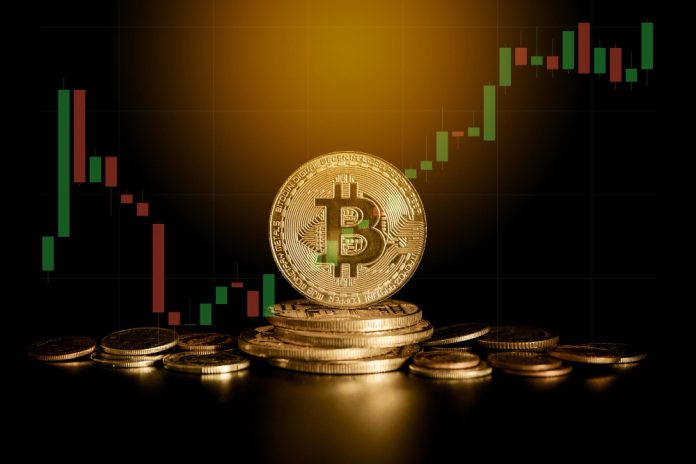Aptos Partners with Tech Giants for DeFi Integration

Aptos Labs, creators of the Aptos layer-1 blockchain, announced a strategic collaboration with Microsoft(NASDAQ:MSFT), Brevan Howard, and South Korean telecommunications giant SK Telecom(NYSE:SKM) to provide institutional access to decentralized finance.
The partnership introduces Aptos Ascend, a comprehensive suite of institutional solutions facilitating regulatory compliance, privacy in transactions and accounts, and streamlined know-your-customer processes.
In response to the growing demand for DeFi integration among large institutions, various layer 1 blockchain platforms, including Avalanche and NEAR, have pursued similar enterprise partnerships.
Utilizing Microsoft Azure and Azure OpenAI services, Aptos Ascend leverages cutting-edge technology to deliver financial solutions.
Brevan Howard will leverage its industry expertise to explore digital asset management opportunities for institutions and their clients, with support from Boston Consulting Group in implementing these solutions.
Mo Shaikh, co-founder and CEO of Aptos Labs, highlighted the collaborative effort’s goal of providing financial institutions with a secure, compliant, and scalable gateway to DeFi on the Aptos platform.
Aptos previously announced its utilization of Microsoft’s infrastructure to introduce innovative AI and blockchain-powered solutions, such as the Aptos Assistant chatbot.
Founded by former Meta(NASDAQ:META) employees, Aptos Labs continues to innovate at the intersection of AI and blockchain technology.
Featured Image: Freepik





